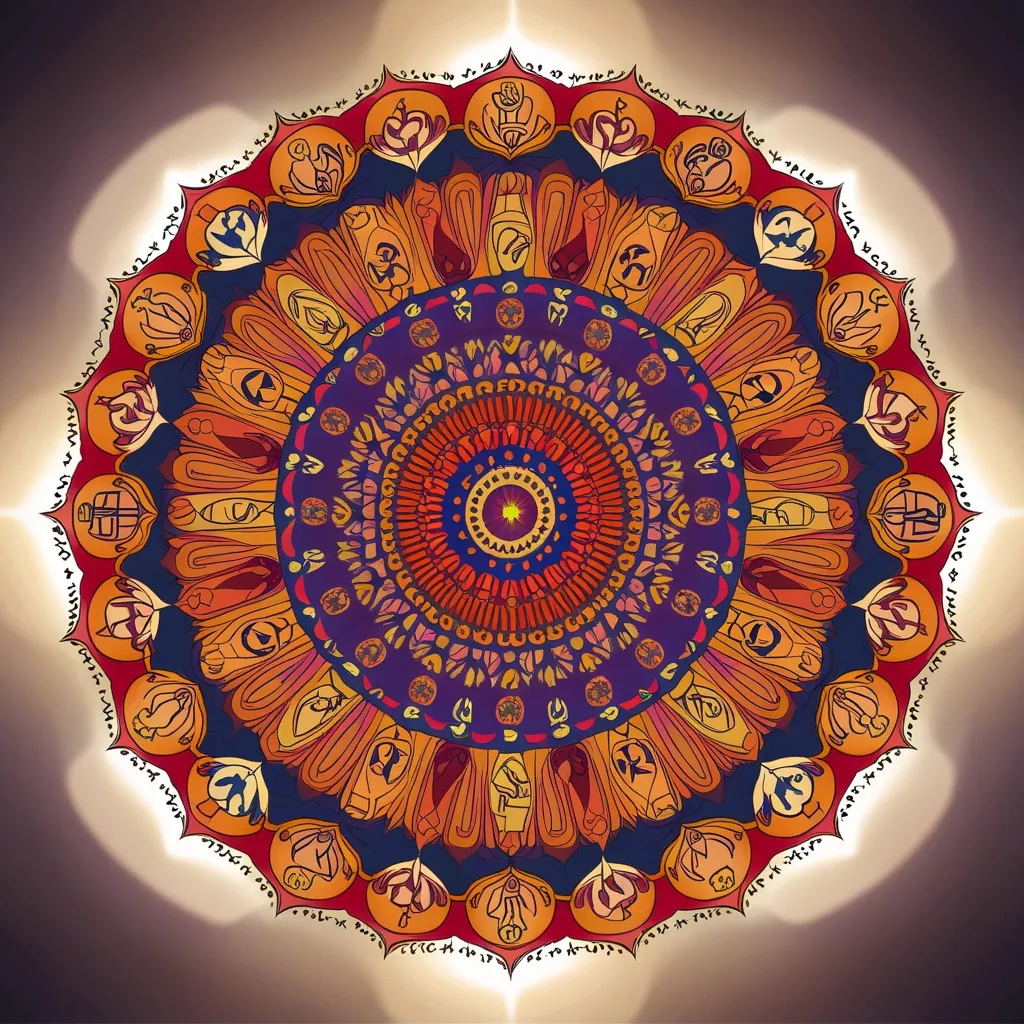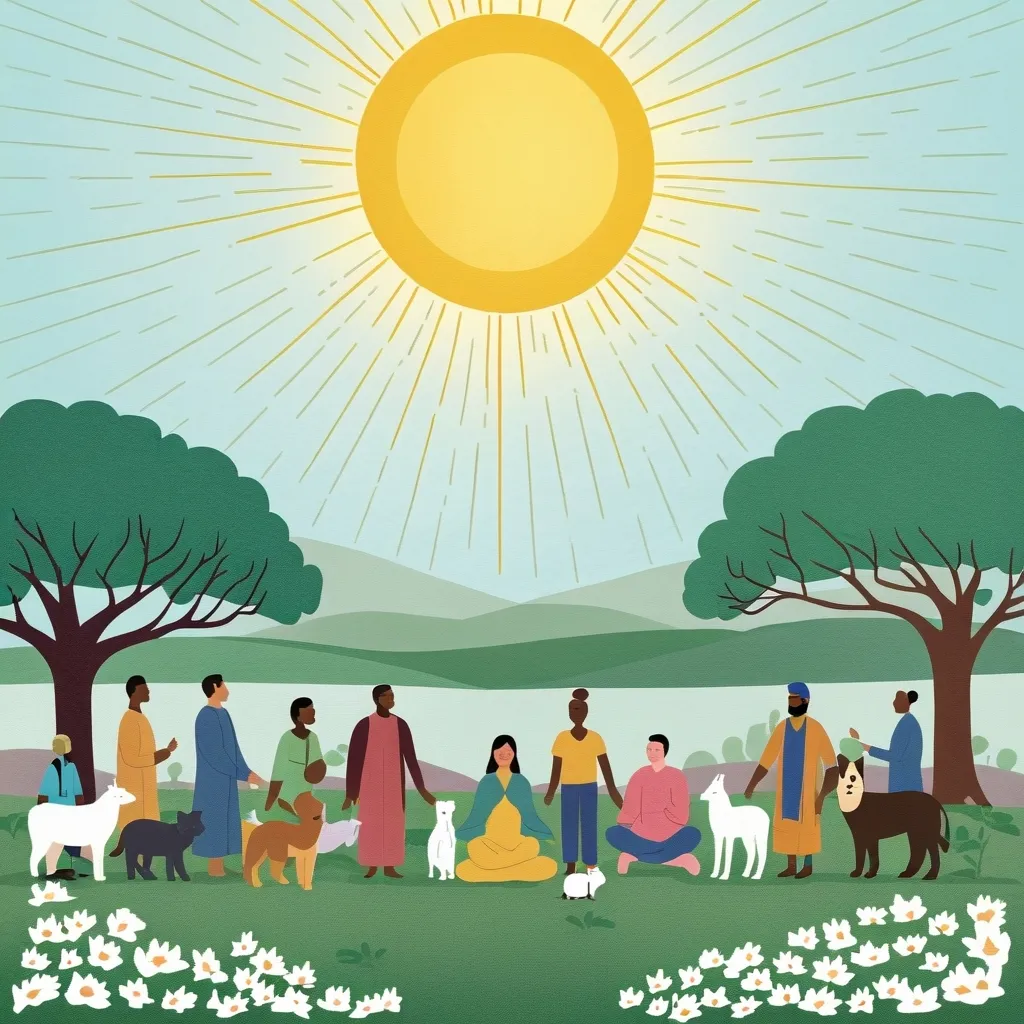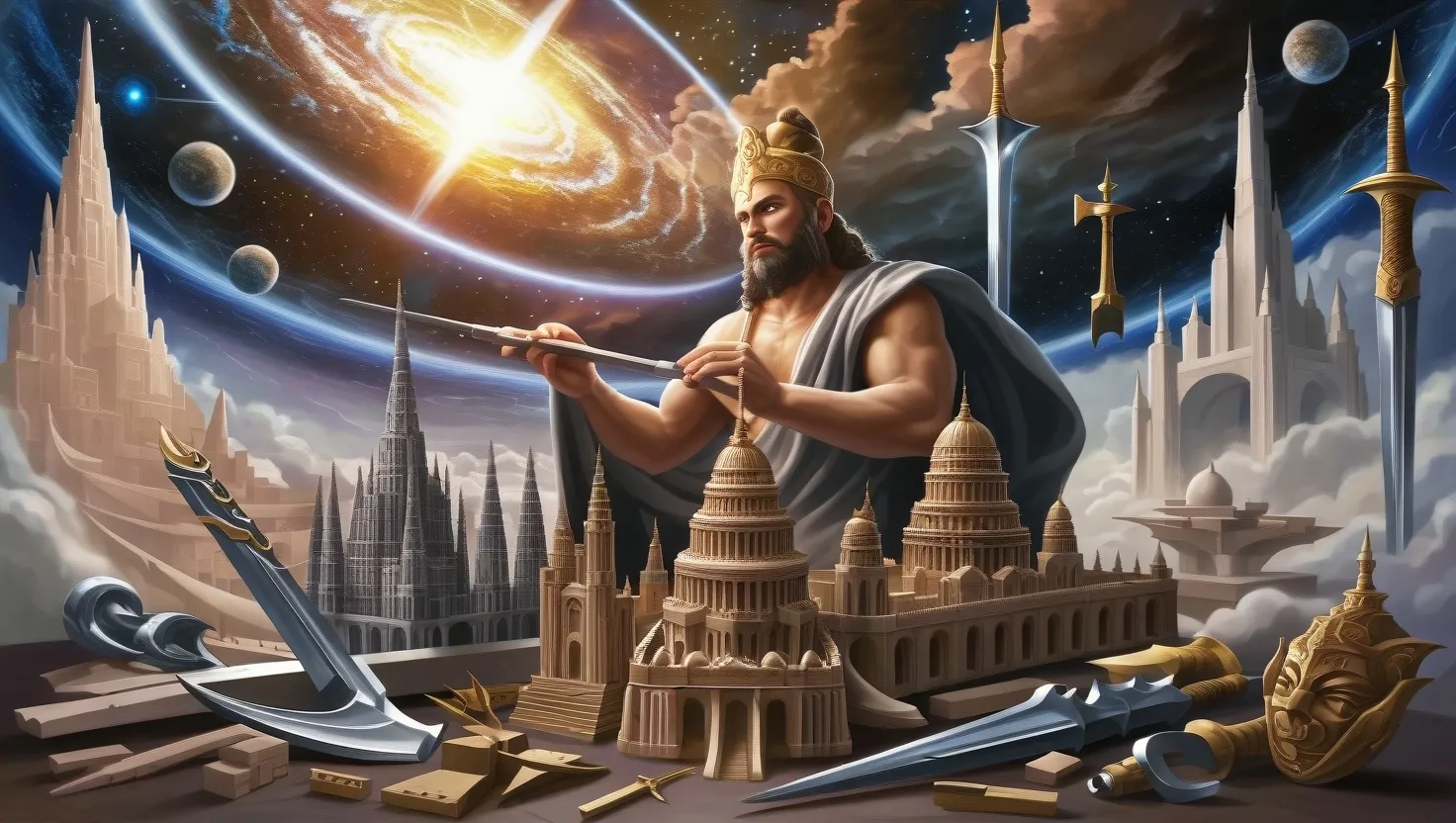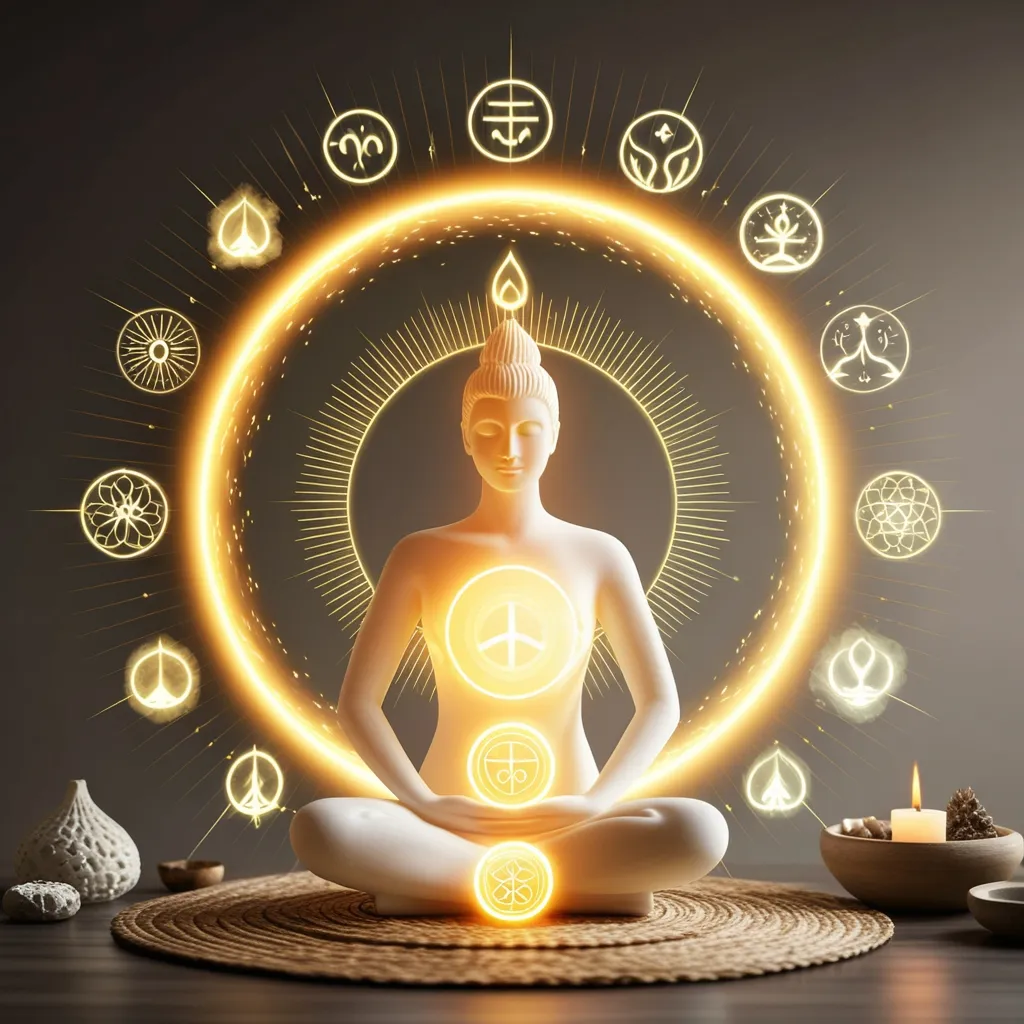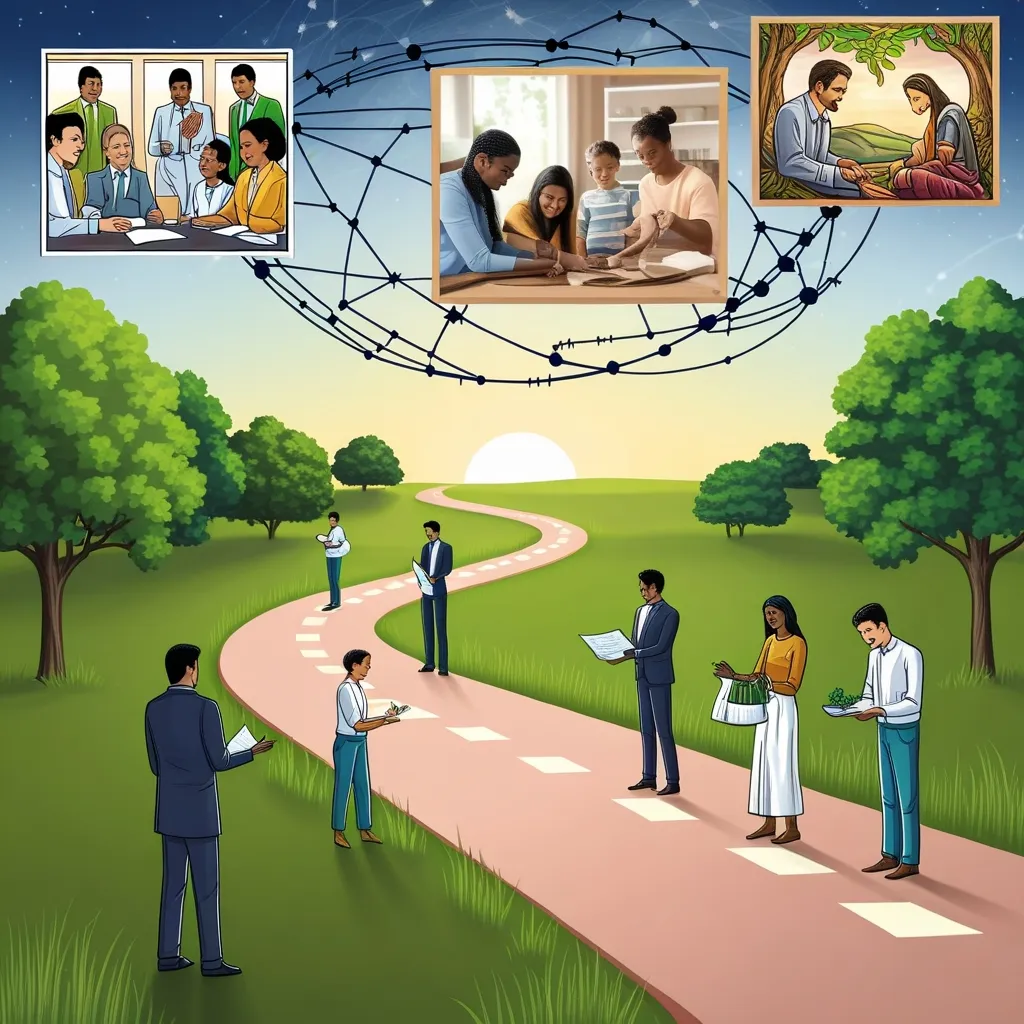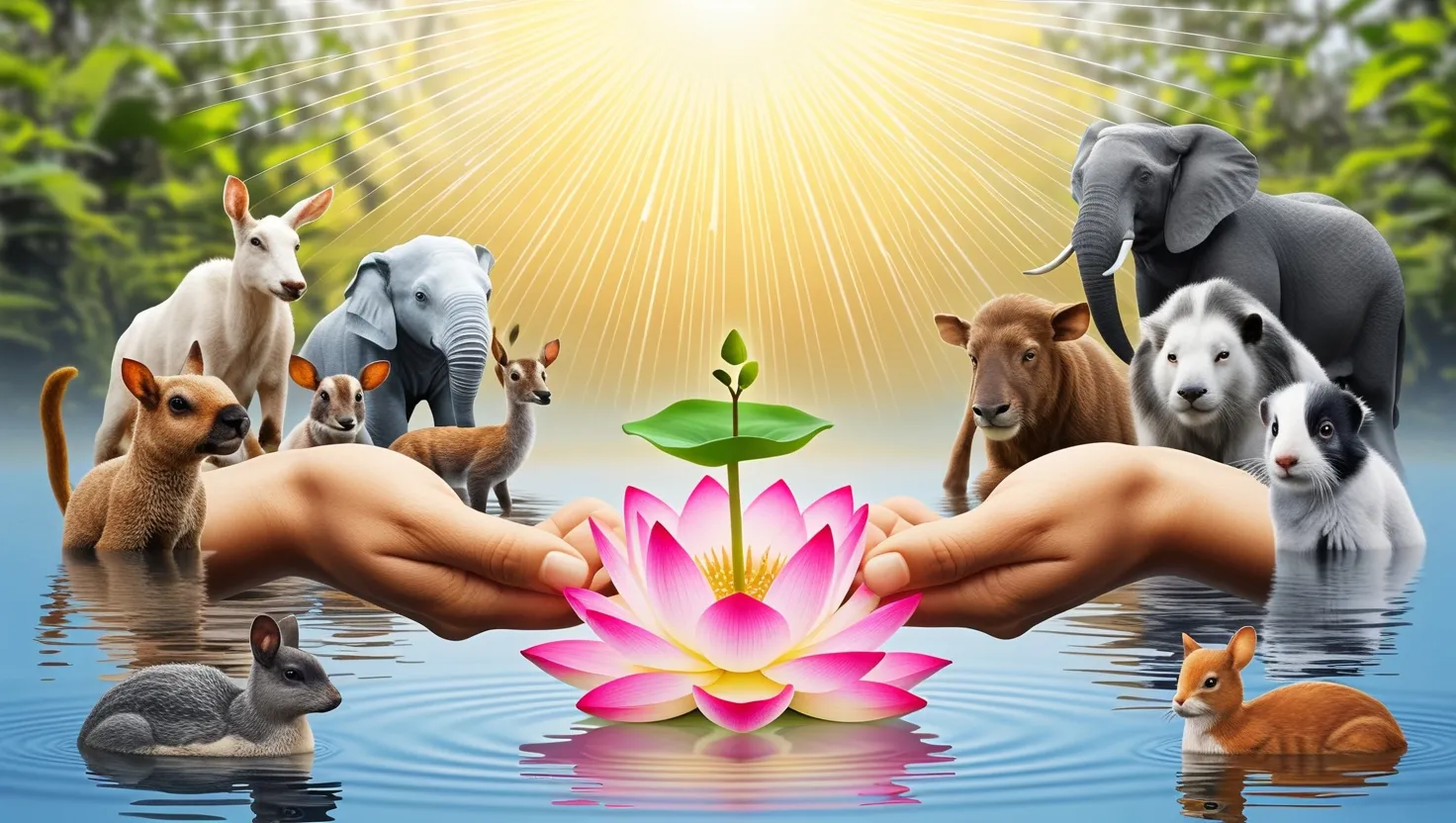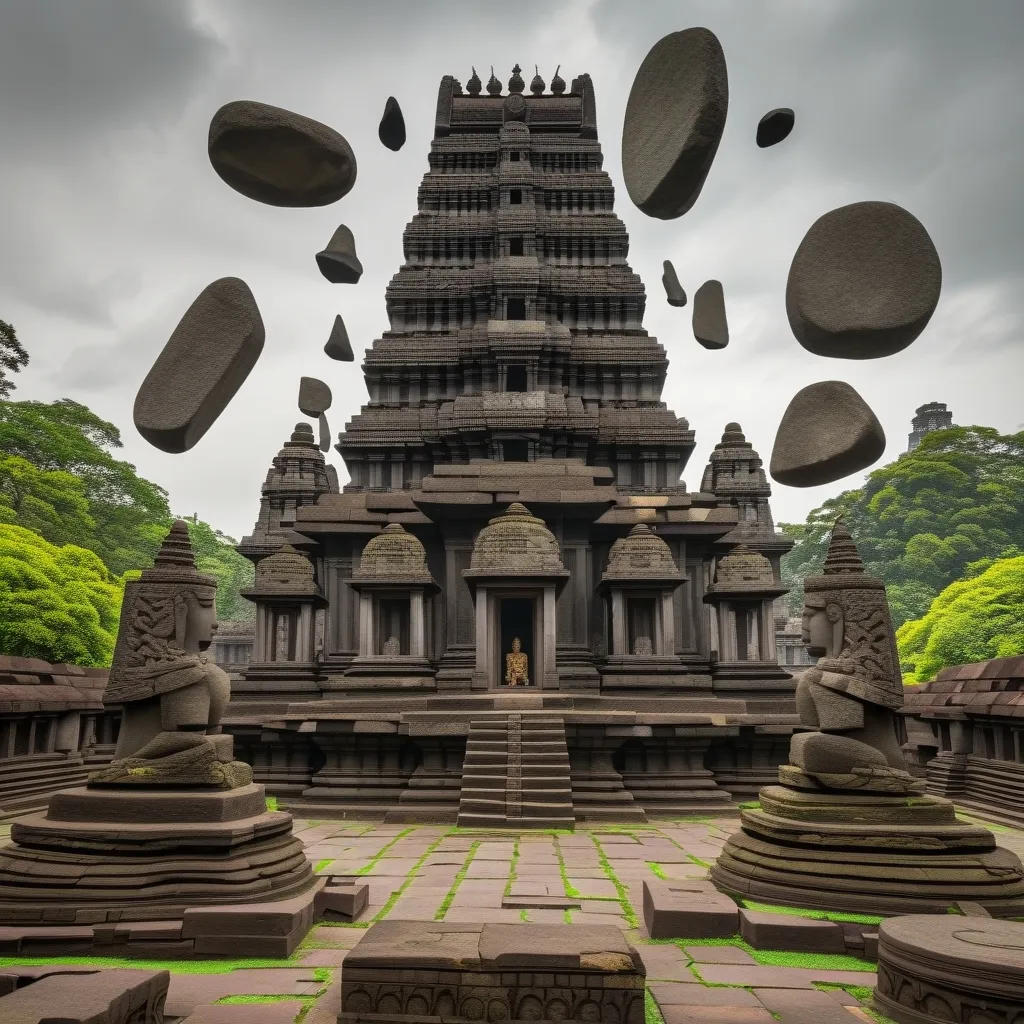Hindu Gods: Real or Myth? A Deep Dive into Divine Beliefs
Ever wondered if Hindu gods are real? It’s a question that’s got more layers than a fancy cake. Let’s unpack this spiritual mystery and see what we find.
So, Hinduism’s got a bunch of gods, right? But hold up, it’s not as simple as just counting statues. At its core, Hinduism’s all about this big, cosmic idea called Brahman. Think of it as the ultimate reality, the big cheese of the universe. Now, all those gods you hear about? They’re like different flavors of this Brahman ice cream.
Take the Trimurti, for example. You’ve got Brahma, Vishnu, and Shiva. These guys aren’t just hanging out for fun. They’re the creation, preservation, and destruction squad. Brahma’s the one who kicks things off, Vishnu keeps the show running, and Shiva’s there to shake things up when it’s time for a change. It’s like a cosmic dance team, each with their own moves but all part of the same performance.
Now, here’s where it gets personal. Hindus often have a favorite deity, kind of like having a favorite teacher in school. For a lot of folks, Shiva’s the go-to guy. He’s popular all over India, but especially in some parts. Then you’ve got Krishna, who’s a big deal in the Northeast. It’s like each region has its own VIP god.
But it’s not just about picking favorites. These gods are part of people’s daily lives. Take Ganesha, for instance. He’s the elephant-headed dude who’s all about removing obstacles. Starting a new job? Better give Ganesha a shout-out. His cute little mouse sidekick is a common sight in Hindu homes. It’s like having a cosmic good luck charm.
Now, let’s talk stories. Hindu mythology is like the Marvel Universe of spirituality. You’ve got the Ramayana, where Rama (who’s actually Vishnu in disguise) goes on this epic adventure. It’s not just a cool story; it’s packed with life lessons. Then there’s the Bhagavad Gita, where Krishna drops some serious wisdom on this prince named Arjuna. These stories aren’t just bedtime tales; they’re like life manuals in narrative form.
But here’s the kicker: Hinduism’s not a one-size-fits-all deal. Different regions have their own spin on things. In the West, Ganesha’s the main man, while Krishna’s got the Northeast covered. It’s like how pizza toppings vary depending on where you are, but it’s still pizza at its core.
Now, let’s get real for a sec. When Hindus talk about their gods being real, they’re not talking about bumping into Vishnu at the grocery store. It’s more about feeling a connection, having experiences that can’t be explained by science alone. Maybe it’s a moment of peace in a temple, or a sudden burst of strength when you’re down. These personal experiences are what make the gods real for many people.
Hinduism’s got this cool concept called ishta devata. It’s like picking your personal god, your spiritual BFF. And it’s not limited to the A-list deities. You can vibe with any god or goddess that speaks to you. It’s like spiritual Netflix – there’s something for everyone.
Now, some folks might look at all these gods and think, “Whoa, that’s a lot of deities!” But here’s the plot twist: it’s not about having a million gods. It’s about seeing the divine in many forms. There’s this saying in Sanskrit that goes, “Truth is one, but the sages call it by many names.” It’s like looking at a diamond from different angles – you see different facets, but it’s still one diamond.
Let’s talk about worship for a sec. It’s not just about bowing down to statues. Using images and icons is like having a cosmic FaceTime. It helps people focus their thoughts and connect with something bigger than themselves. And those rituals you might have heard about? They’re not just for show. They’re ways of communicating with the divine, like spiritual text messages.
So, are Hindu gods real? Well, that’s the million-dollar question, isn’t it? It’s not something you can prove in a lab or debate in a courtroom. For Hindus, these gods are as real as the air they breathe. They’re not just characters in ancient stories; they’re living, breathing parts of everyday life.
Think about it like this: Have you ever felt a surge of courage when you needed it most? Or found peace in a moment of chaos? For many Hindus, that’s the gods at work. It’s not about seeing Shiva walk down the street; it’s about feeling his strength when you face a challenge.
The beauty of Hinduism is that it’s not a one-way street. It’s a personal journey, a relationship with the divine that’s unique to each person. Some might connect with the warrior spirit of Durga, while others find peace in the wisdom of Saraswati. It’s like having a spiritual buffet – you take what resonates with you.
And let’s not forget, Hinduism’s been around for thousands of years. It’s survived invasions, cultural shifts, and the test of time. Why? Because it’s adaptable. It’s not stuck in the past; it evolves with the people who practice it. The gods and stories might be ancient, but their meanings and lessons are timeless.
Here’s another cool thing: Hinduism doesn’t ask you to leave your brain at the door. It encourages questions, doubts, and personal exploration. It’s not about blind faith; it’s about finding your own path to understanding. Some of the greatest Hindu philosophers were also scientists and mathematicians. They saw no conflict between seeking spiritual truth and understanding the physical world.
At the end of the day, the reality of Hindu gods isn’t about proving their existence to others. It’s about the impact they have on the lives of those who believe in them. It’s about the comfort they provide, the moral compass they offer, and the sense of connection to something greater than ourselves.
So, are Hindu gods real? For millions around the world, the answer is a resounding yes. Not because they’ve seen Vishnu floating on a lotus, but because they feel the presence of the divine in their lives every day. It’s a reality that goes beyond the physical – it’s spiritual, emotional, and deeply personal.
Whether you’re a believer, a skeptic, or just curious, there’s no denying the profound impact these divine concepts have had on human culture and thought. They’ve inspired art, literature, philosophy, and ways of life for millennia. And in a world that often feels chaotic and disconnected, they continue to offer a sense of meaning and purpose to those who seek it.
So next time you see a statue of Ganesha or hear a story about Krishna, remember – for millions of people, these aren’t just myths or legends. They’re living, breathing parts of a rich spiritual tradition that continues to shape lives and offer guidance in our modern world. And that, my friends, is pretty darn real.
